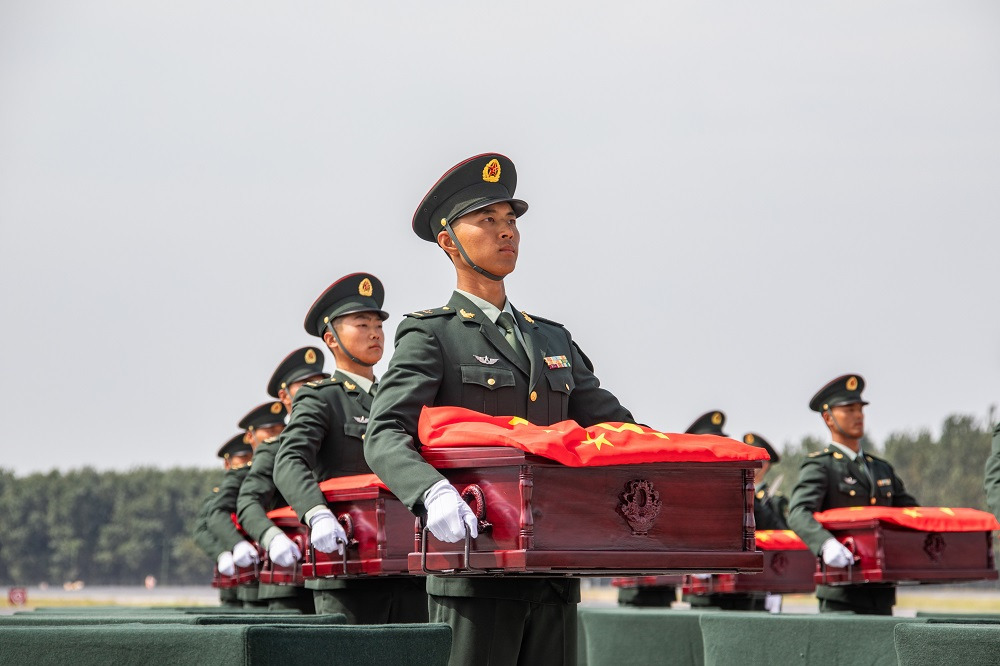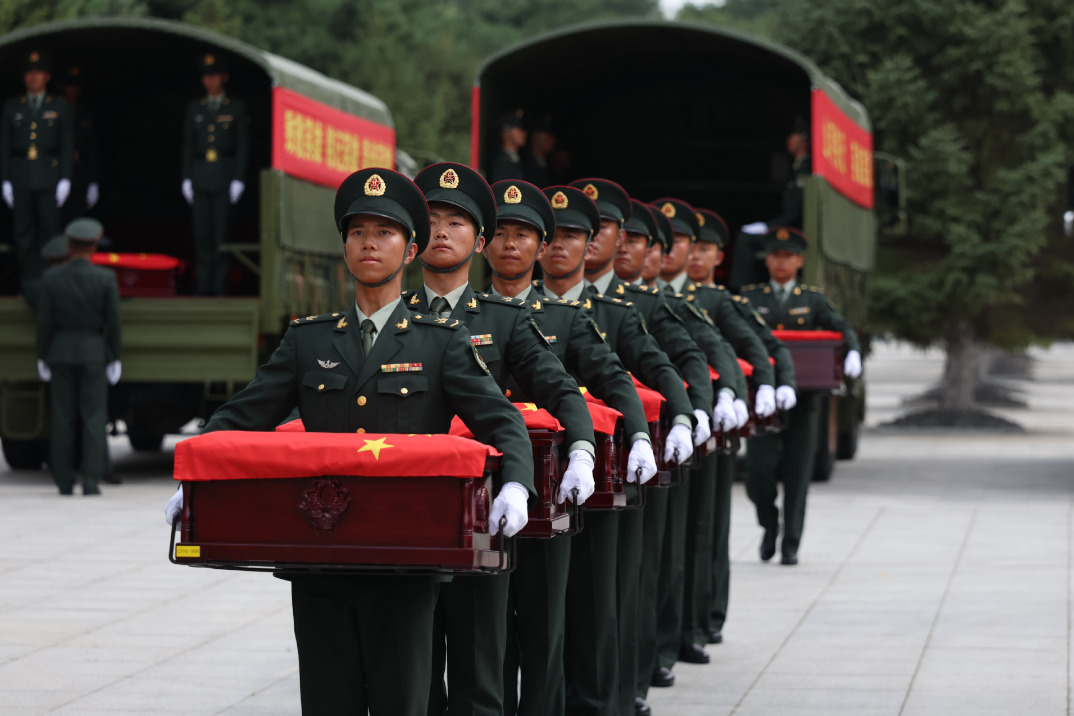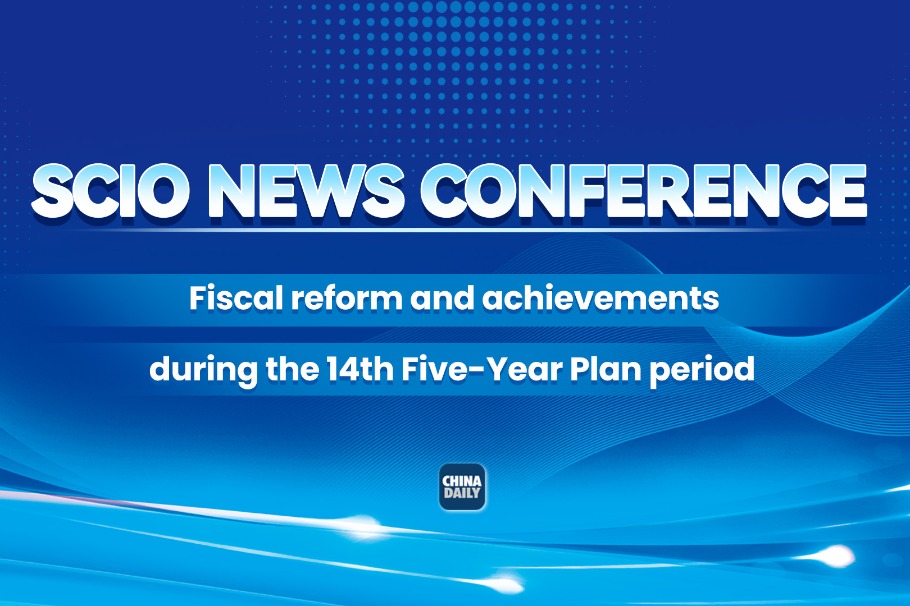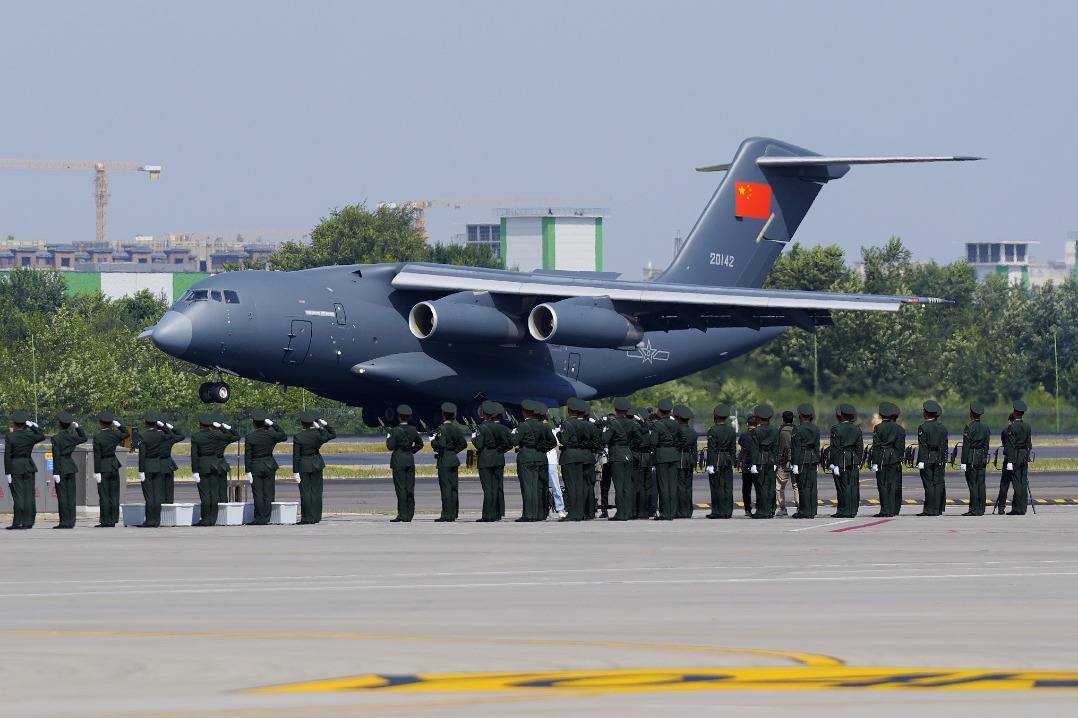Molding the young minds of tomorrow
Chinese-born Fields Medal winner expounds on his educational philosophy in new book, Wang Qian reports.

Although there is no one-size-fits-all answer to what constitutes good education and parenting, educators, parents and scholars have been trying to learn from well-known figures whose journeys can provide valuable lessons for the next generation.
My Views on Education, the latest book by mathematician Shing-Tung Yau, the first Chinese-born winner of the Fields Medal, the highest award in mathematics, is one such book. It contains a road map for educators, parents and policymakers seeking to redefine learning, and traces Yau's path from a humble upbringing in Hong Kong's rural Yuen Long area to becoming a global leader in mathematics.
"I believe a crucial perspective on education is allowing for natural development while nurturing children's interest. Education must be natural, and genuine interest must be nurtured," the 76-year-old professor at Tsinghua University said during a thought-provoking session at the National Library of China in Beijing on March 28.
The event is part of the library's Wenjin Yuexin reading promotion initiative, which seeks to integrate new, quality books with public education and advance reading culture around the country. Yau's reflections on learning, the importance of libraries, and his philosophy on nurturing young minds, drew people from various fields.
The professor argues that curiosity, not exam scores, should drive learning, and encourages students to explore freely, drawing from his own childhood habit of designing math problems for fun.
Published by the CITIC Press Group, the book interweaves his personal journey with reflections on education, and advocates for the cultivation of curiosity, independent thinking, and a deep appreciation for truth and beauty in learning. Yau is celebrated for solving the Calabi conjecture that plagued the mathematics community for many years, and for contributing to the positive mass theorem, which is part of general relativity.
Chen Wei, chairman of the CITIC Press Group, speaks highly of the book, calling it "a response to the urgent need for educational reform that blends rational analysis with literary warmth to fill a gap in foundational education discourse".
Huo Ruijuan, deputy director of the National Library of China, praises Yau's dual legacy. "Not only has he made outstanding contributions to mathematics, but he has also demonstrated a deep insight and persistent pursuit of education. My Views on Education reveals the essence and power of learning through his rich practical experience."
Growing up in Hong Kong with limited educational resources, Yau reflects on how libraries shaped his academic journey.
"My secondary school had no library, so I often spent hours reading in bookstores," he recalls. It was only in university that he discovered the wealth of knowledge libraries offered.
"The atmosphere of a library — undisturbed, surrounded by books — allowed me to delve deeply into mathematics. My doctoral thesis was born during solitary Christmas breaks in the library," he says.
With refreshing candor, Yau says that he didn't always ace mathematics exams in secondary school. "I didn't score perfect marks every time, but the joy of solving problems was far more important than grades," he says.
This philosophy later extended to his parenting approach. Using his eldest son as an example, Yau adds: "He was good at math, but I noticed his eyes didn't light up for it like they did for experiments. Now he's a tenured professor at Harvard University — just in a different field. Excellence comes in many forms."
Addressing the perennial debate about talent versus hard work, Yau offers a precise formula. "Natural ability accounts for 30 percent, while effort makes up the remaining 70 percent. But without passion, neither can reach its full potential."
His educational philosophy centers on curiosity and respecting cultural traditions. He credits his parents — particularly his philosopher father — for instilling in him a love of literature and philosophy, which enriched his later mathematical insights.
He highlights the importance of humanities in scientific training, particularly in early education. As for mathematics, he says the basics taught in elementary school are sufficient, while true mathematical learning should begin later, around junior middle school.
This is why he started the Yau Mathematical Sciences Leaders Program at Tsinghua's Qiuzhen College. Its goal is to train a group of top Chinese talent. Yau has visited middle and primary schools across the country in search of students with outstanding overall abilities, mathematical potential and expertise, as he discovered that almost all of the best mathematicians begin to excel at around age 13.
Before then, he encourages schools and parents to focus on the humanities — subjects like history, geography and literature. "These shape a child's mindset. Understanding history, geography and poetry builds cultural literacy, which later fuels scientific curiosity."
As fragmented reading in the new media age grows inexorably around the world, Yau expresses concern over changing reading habits, and cautions against relying on internet snippets.
"Reading piecemeal is like touching an elephant's ear or leg — you miss the whole picture. True learning requires digesting entire books to grasp the macro perspectives," he says.
A staunch advocate for cultural synthesis, Yau calls for harmonizing China's heritage with global insights. "We must neither reject Western ideas nor abandon Confucian foundations. Progress flows from engaging with history's lessons," he says.
Decades of mentoring doctoral students and engaging with Chinese schools since his first visit to the Chinese mainland in 1979 have driven him to write down his experiences and reflections. Yau has established a number of mathematical research institutions in China, and has organized mathematical competitions according to a variety of objectives and evaluation methods. In 2022, he started teaching at Tsinghua, a reflection of his commitment to developing homegrown talent, and founded the Yau Mathematical Sciences Center to train future leaders in mathematics.
"I'm not an education theorist, but my experience — seeing how students thrive with the right teachers and resources — compelled me to share these truths," he says.
He believes mathematics transcends calculations and that it's a lens for logical thinking. "Its real significance lies in training the mind to solve problems systematically — a skill applicable everywhere," he says, adding that he believes China can nurture the creativity of its top students to compete globally in science.
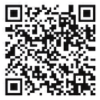
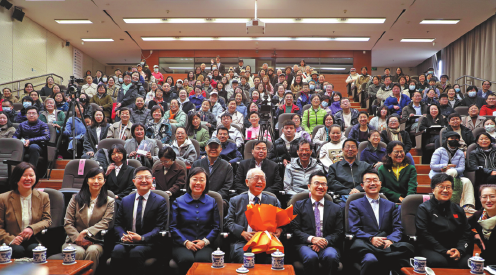
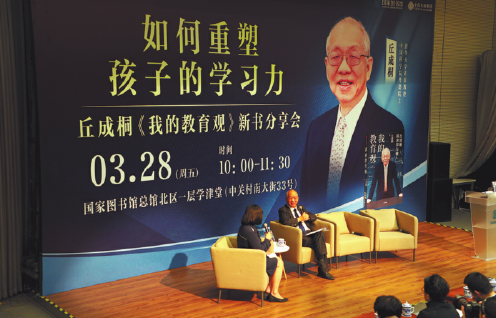
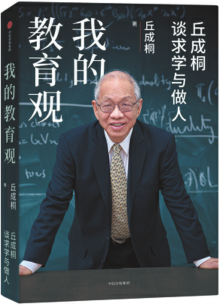
Today's Top News
- Chinese Vice-Premier He Lifeng to go to Spain for trade talks with US: commerce ministry
- China tests moon-mission rocket
- Martyrs' remains return to homeland
- Forum eyes world peace and stability
- FM urges US to 'exercise prudence in words, deeds'
- Large lenders go all in on tech finance
















